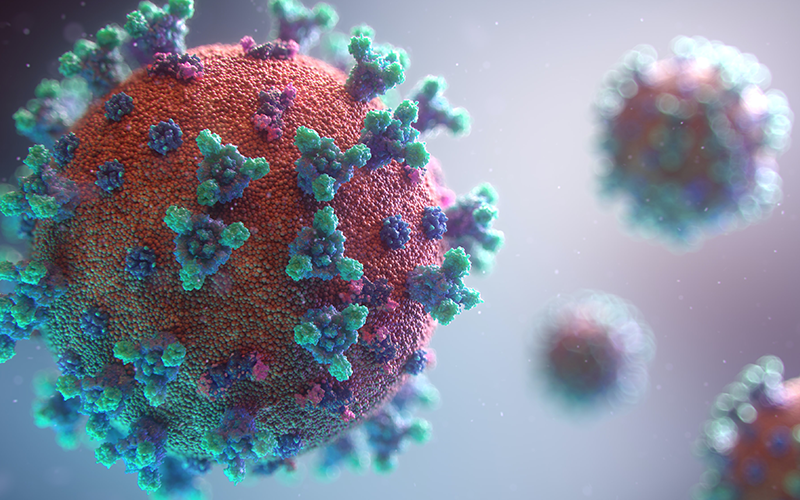Abstract Although boron neutron capture therapy (BNCT) is a promising treatment option for malignant brain tumors, the optimal BNCT parameters for patients with immediately life-threatening, end-stage brain tumors remain unclear. We performed BNCT on 34 patients with life-threatening, end-stage brain tumors and analyzed the relationship between survival outcomes and BNCT parameters. Before BNCT, MRI and 18F-BPA-PET analyses were conducted to identify the tumor location/distribution and the tumor-to-normal tissue uptake ratio (T/N ratio) of 18F-BPA. No severe adverse events were observed (grade ≥ 3). The objective response rate and disease control rate were 50.0% and 85.3%, respectively. The mean overall survival (OS), cancer-specific survival (CSS), and relapse-free survival (RFS) times were 7.25, 7.80, and 4.18 months, respectively. Remarkably, the mean OS, CSS, and RFS of patients who achieved a complete response were 17.66, 22.5, and 7.50 months, respectively. Kaplan–Meier analysis identified the optimal BNCT parameters and tumor characteristics of these patients, including a T/N ratio ≥ 4, tumor volume < 20 mL, mean tumor dose ≥ 25 Gy-E, MIB-1 ≤ 40, and a lower recursive partitioning analysis (RPA) class. In conclusion, for malignant brain tumor patients who have exhausted all available treatment options and who are in an immediately life-threatening condition, BNCT may be considered as a therapeutic approach to prolong survival.
Keywords: BNCT; glioblastoma; T/N ratio; T/B ratio; radioresistance



